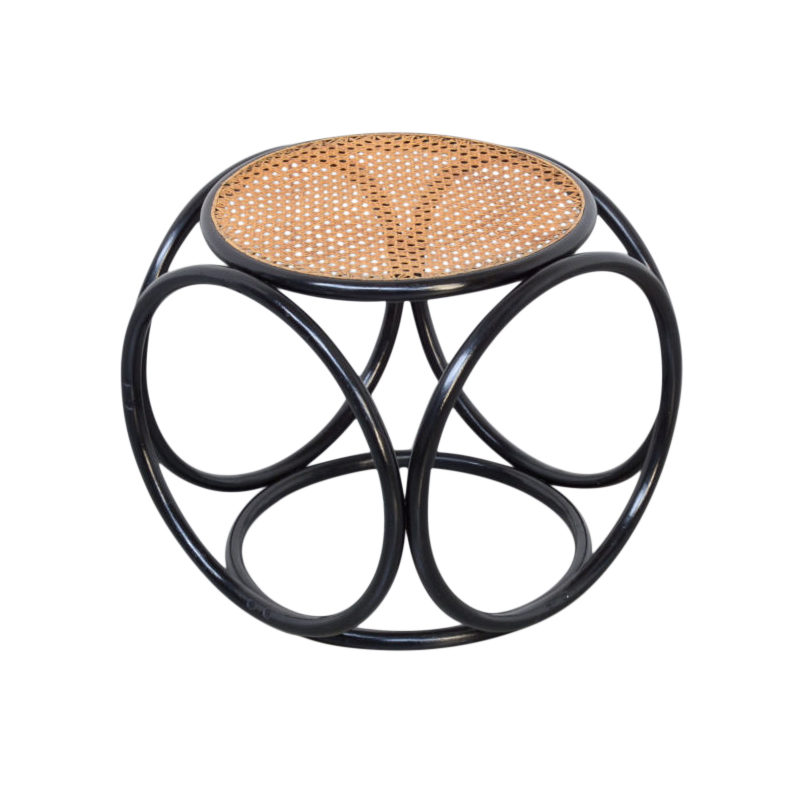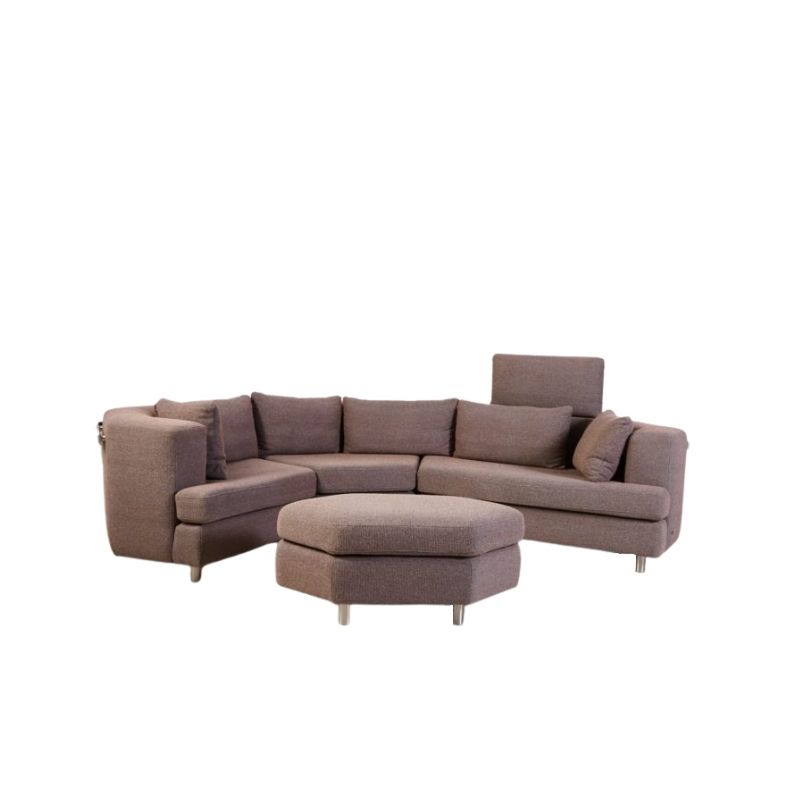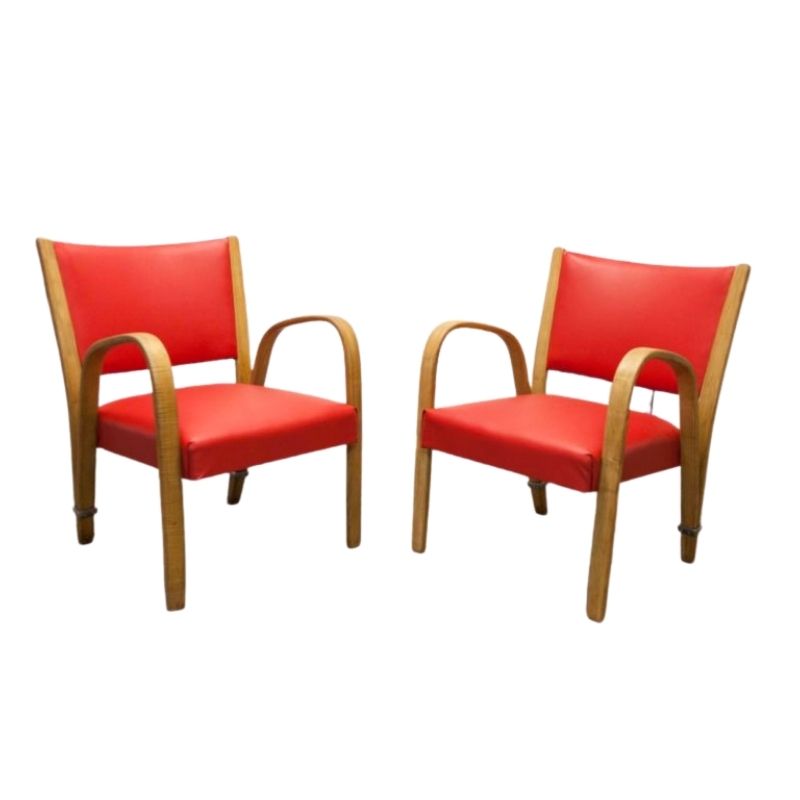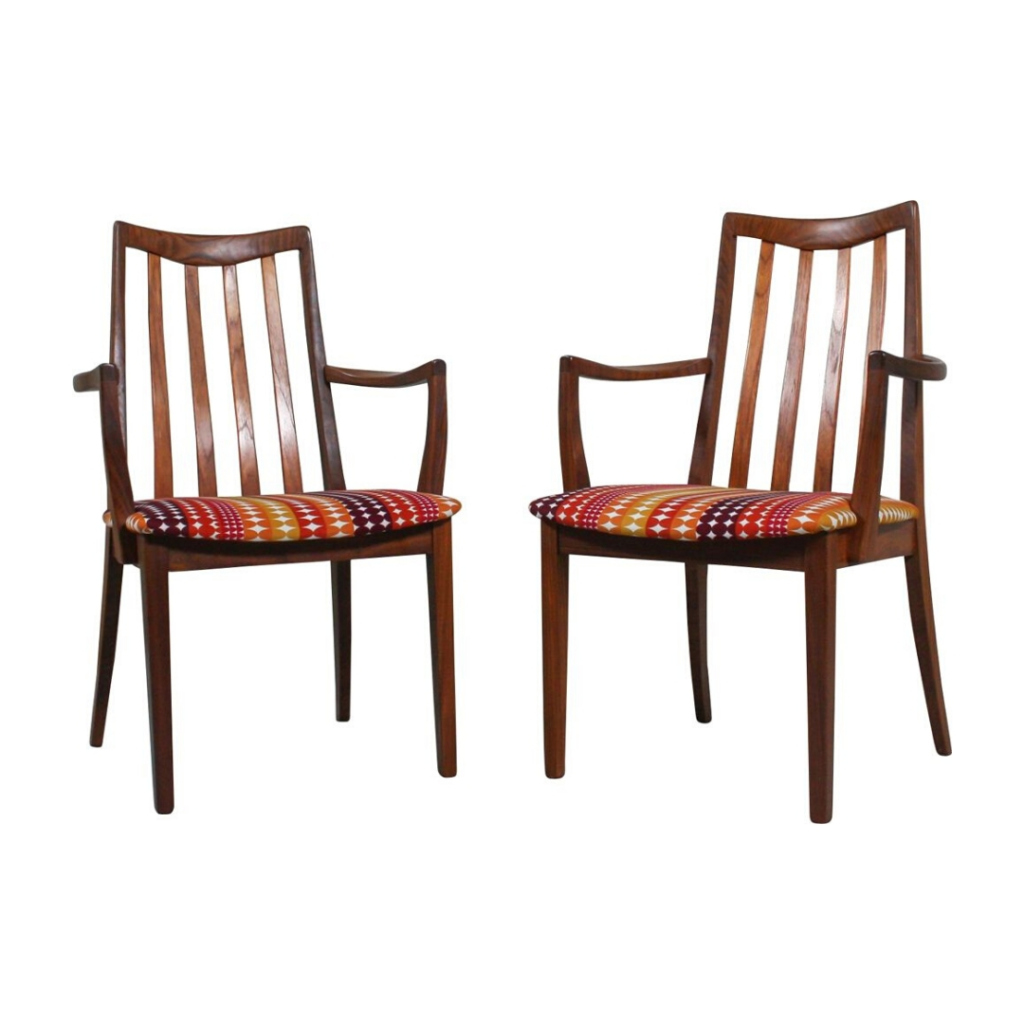My kitchen table is broken. It was beautiful pice, glass top (square) with four solid cherry wood legs. The problem? The poorly designed joinery. At each of the four corners, an half inch thick aluminum plate is glued to the glass. At the center of each plate is a threaded hole for a screw. The table legs screw into to each of these plates.
The table has been wobbly at bets of times and now one of the legs has fallen off. The threading in the soft aluminum has worn off. The only think I can think of is to remove all the screws and glue the legs to the aluminum plates using silicon glue or something such. Any ideas?
What a horrible design.
I'm sure the table looks pretty, but your characterization of its "poorly designed joinery" is an understatement.
Gluing the legs to the top may work ok -- if there's enough wood-to-aluminum surface area, and if you can find exactly the right glue -- but it'll be extraordinarily difficult to pack the table if you ever move, and if the table's larger than your doorways, it may even be impossible to get it out of its current room.
"Helicoil it" is a standard answer to "How do I repair the stripped threads in this hole?" but I don't think it's the right answer in this case. The problem is that helicoils (or my preference, Time-Serts or Keenserts) can't be installed until the old threads are removed by drilling the hole slightly oversize. Your situation -- four blind holes in half-inch-thick aluminum, each glued to the corner of a 10-square-foot sheet of GLASS, for God's sake -- makes drilling those holes nearly impossible.
I think your only hope is to use a thread-cutting or thread-forming insert that requires no drilling or tapping; I'm most familiar with the Speedsert, but there are others. Even if that works PERFECTLY, though, the table will still be horribly designed and will continue to wobble.
If I were you, I'd try the Speedsert, then sell the table as soon as possible.
http://www.groov-pin.com/threaded%20inserts/tins_select.htm
What is the
diameter of the leg, at the top ? What is the shape of the leg, from top to bottom ?
Is the steel bolt in the leg sound ? Are the threads ok ?
One solution would be a new threaded plate, of aluminum or steel, epoxied to the present plate, and a corresponding amount of wood removed from the bottom of the leg. Then, the shortened leg would screw into the new plate and part-way into the present threaded hole. 1/4" or 3/8" of steel with a new tapped hole would make a nice repair, minimally visible from the normal viewing angle.
Thanks for the suggestions
I had also thought about the additional steel plate (threaded) to be glued to the aluminum plates and then have the legs screw in to the steel plate. But I want to try out the speedsert idea first.
I don't think the rethreading will work, the guys from the furniture tried it and it worked for about three months before one of the legs just fell off when my 115 lbs GSD ran in to it by accident. 🙁
The legs have a square top, they are curved and taper towards the bottom with groove going all the way down on the outside edge. The legs themselves are wonderfully solid.
It's
interesting that the maker was able to insert the threaded bolt into the leg in such a way that, when the leg makes its final turn into the tightened position, the groove ends up in the correct place. That must have taken some doing -- it wouldn't happen by chance, obviously. Are the legs numbered ?
The same
issue will have to be addressed if you insert helicoils, won't it ? And won't you have to drill out the aluminum plates before inserting those ? It will be a challenge to drill the aluminum without hitting the glass, I should think. My bet would be to move directly to drilled and tapped steel plate . . .
As I understood it, if a helicoil is used in an existing but warn tapped (threaded) hold, then a correspondingly smaller male thread is required to mate with it. Is that right, Paulanna ?
Let us know how it goes.
Psst, SDR...
He's going to try Speedserts -- not Helicoils -- as recommended above specifically because of the difficulty of drilling out those blind holes.
http://www.designaddict.com/design_addict/forums/index.cfm/fuseaction/th...
Thanks.
I guess if the present threads in the aluminum are badly enough deformed or (more likely) eroded, the Speedserts could be epoxied in ?
In any event, it's clear the new female threaded opening will be of a smaller diameter than the male threaded post in the leg -- so those will have to be replaced as well, with a smaller-diameter one. This in turn will require something by way of a filler in the top of the leg -- new wood, or epoxy paste, etc.
Sounds like quite a task.
Hmm...
Speedserts don't need a hole much larger than their inner diameter, since they form their outer threads by just pushing material out of the way (they only work in soft materials).
My thought was that since the table's always wobbled, the holes are already deformed and slightly oversize -- probably enough to let the Speedsert be inserted, after which it'd just screw in. If the holes aren't quite big enough, they could be enlarged by drilling, which would be much easier than drilling for a Helicoil or Timesert, since a) the hole wouldn't have to be as large, b) it wouldn't have to be as straight, and c) it wouldn't need to be tapped afterward.
The drilling, if necessary, could be done by hand... So it wouldn't be anything like the logistical nightmare of putting that glass tabletop in a drill press.
Checking the Groov-Pin website, though, I see that there's a bigger issue: Speedserts might not be available in the size needed for this application. The largest one I see on the website is a 1/4-inch (M6) diameter, and I have a feeling that the studs on the table legs are larger than that.
So I guess it wouldn't hurt to call Groov-Pin and ask whether they make thread-cutting or thread-forming inserts in larger sizes... But if they don't, I apologize for sending you down the wrong path.
Alignment
No the aluminum plates are square like the top of the wooden legs and whoever brought up the alignment issue hit the nail on the head. It's a real pain because the furniture shop guys had to try for literally hours before they got that one leg to line up with the plate when turned all the way in.
For what is worth, here is a picture of the table and chairs, from before it fell apart.
http://flic.kr/p/8L6nK6
http://flic.kr/p/8L6nK6
If you need any help, please contact us at – info@designaddict.com









